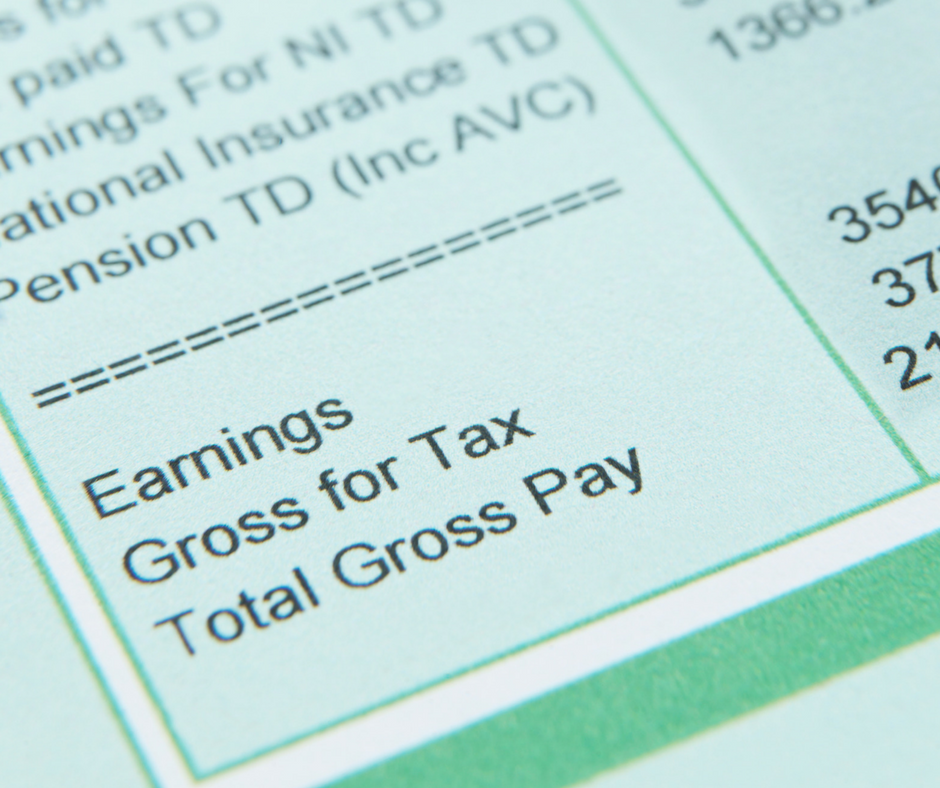If you find yourself living paycheck to paycheck, you aren’t alone. This game is one you feel you can’t win. There is no way out. But, there is. There are things you can do to end that vicious cycle.
Payday arrives. You pay your bills, pick up your groceries, fuel up your vehicle, and then the money is gone. You didn’t even have it in your account for 48 hours before it was all spent, and here you sit, broke until payday arrives again.
Living paycheck to paycheck may feel like a vicious cycle you can’t break. However, you CAN! You just need to know where to start and how to get out from under that heavy weight.
HOW CAN YOU STOP LIVING PAYCHECK TO PAYCHECK?
There is just one thing that you need to do end the paycheck to paycheck cycle. You absolutely must gain control of your finances. Period.
But, before you can do that, you have to not only know where you spend, but you need to give every penny you make a job. Doing this is the only way you can really understand how the money flows in and out of your accounts.
Once you figure this out, you will have a more clear picture of your financial health and can begin making changes to help you reach your financial goals – whatever they may be.
HOW TO START
1. Have a written budget
The first thing you must do is understand your money flows. You do that by giving every penny you earn a specific job. The more straightforward term for this is a budget.
You have to know where your money needs to go before you can make any changes to your spending. Without understanding where you spend, you will quickly run out of money before the next payday arrives.
2. Establish goals
What do you want to accomplish financially? Perhaps it is saving enough down payment to buy a home or maybe is a big vacation. Maybe your goal is just to get your head above water, once and for all.
Whatever your financial goal is, write it down. Then, and only then will you be able to make changes to help them become a reality.
3. Where Does Your Money Go?
Now, once you have your budget in place, look at those items where you may find you overspend. Do you grab a latte on the way to work every morning? If you spend $5 a day, that is $25 a week and $100 in a single month! Imagine what you could do with an extra $100 in your pocket.
4. Step Away From the Plastic (even debit cards)
The simple way to stop overspending is to use cash. Not your debit card either. We are talking cold, hard, cash. I understand paying with plastic is more convenient. However, if you stick with CASH, you can’t overspend. If you have $100 to spend at the grocery store, you can’t spend $110.
On the contrary, if you use your debit card, it is easy to say “It’s just $10.” If you do that every single time you go to the store, that is more than $500 overspent in just a single year! It can be tough to start using cash, but once you do, you’ll wonder why you didn’t start sooner!
Read More: How to Use the Cash Envelope System
5. Define needs vs. wants
Take a look at your budget and what do you need? You need clothes, shelter, food, utilities. However, do you “need” cable? Do you “need” to dine out every week?
A simple way to make from paycheck to paycheck is to cut back on your wants (even if temporary). That will free up money in your paycheck, allowing you to breathe a little easier.
6. Ask for help
If you are in debt or owe companies money, why not call and ask them if they can’t help. Many times, they are willing to help you make changes to your payment due date, adjust interest rates and more. If you don’t call, you will never know what they may be able to do to help you!!
7. Never forget to save
You might think there is absolutely no way to save money when you struggle to live from paycheck to paycheck. But, if you don’t have savings, you will never end that cycle. Your savings account is there for your emergencies. It is too critical to your overall financial health to ignore.
Do what you can to save at least $1,000 – $1,500 to start. Then, add to it until you have at least one full month’s worth of expenses saved up. You can do this by cutting out a few items form the budget, selling things you don’t need or even picking up a second job (temporarily). A small amount of even $25 a paycheck is a start and will be more than you saved previously.
8. Start a debt payoff plan
Another trick to stop living paycheck to paycheck is to get out of debt. Eliminate it once and for all.
Look at your budget for a moment. How much of it is being gobbled up by debt payments such as credit card bills and loan payments? What could you do if you didn’t have those monthly payments?
Getting out of debt may feel like an impossible feat, but if it matters enough to you, you’ll find a way to make it work. Even if you don’t make much money, there are still ways you can work yourself out from debt.
With some simple changes, you might find ways to free up some cash and end the cycle of living paycheck to paycheck.

